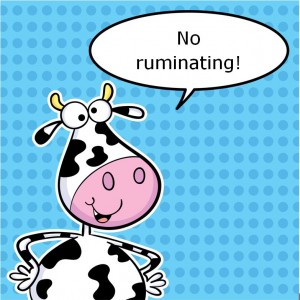 I recently heard a story where some elite athletes achieved record times in their races, but were still unhappy because they had only shaved one-hundredth of a second off their time instead of the one-tenth of a second they were shooting for.
I recently heard a story where some elite athletes achieved record times in their races, but were still unhappy because they had only shaved one-hundredth of a second off their time instead of the one-tenth of a second they were shooting for.
It brought up the question of whether it’s okay to to be upset when you fail to reach your goal. Shouldn’t we just tell ourselves and others, “It’s okay – you tried. It’s all about the process”?
I had to chew on this for awhile because, as regular readers of this blog know, I’m a big proponent of experiencing and valuing the process.
Then, serendipitously, this morning I received Doug Toft’s newest blog post, “Resolving the Tension Between Self-Acceptance and Self-Improvement.” He dissects essentially the same thing I had been thinking about: Which is more important – constantly improving or embracing the philosophy of being perfect just the way we are?
I think Doug has the right answer to this question: Yes.
He writes:
Stop holding self-acceptance and self-improvement as opposites and forcing ourselves to choose one or the other. Instead, see them both as part of an underlying change process.
Self-acceptance does not stop us from changing. In fact, acceptance—non-judgmental self-awareness—promotes positive change.
In order to be in an elite category, athletes must hold themselves to an extremely high standard. They have to maintain a certain level of stress that impels them to perform at their best. So it makes sense that they would be chagrined when, even if they do well, they fall short of their own expectations.
I think the problem for them – and for all of us – is when we equate achievements, goals, and self-improvement with our intrinsic self-worth. This is the stumbling block.
Does recording a race time of 22:54 instead of the 22:44 she is aiming for mean an athlete is an unworthy person? When we non-athletes are trying to improve ourselves in some way and we fall short, does that decrease our worthiness as a person? Of course not.
Does the athlete have the right to be upset with herself about her time? Is it okay if we are frustrated that we did not achieve what we set out to do?
Yes, because allowing disappointment and frustration to be motivating forces can be a good thing. And taking responsibility for ourselves and our actions is definitely a good thing.
The problem arrives when we hold judgments about ourselves that lead us to believe we are somehow fundamentally flawed because we did not achieve our goal. And that, my friend, is just not the case.
So, as Doug reminds us, this is really not an ‘either-or proposition’ – either I achieve my goal or I give up on goals and just accept myself – it’s a ‘both-and’ proposition: I both can strive for my goal and accept myself for the intrinsically worthy person I am.
Takeaway points: Although we often receive the message that it’s okay not to achieve a goal (and it really is), it’s also okay to have high expectations and allow the frustration of not meeting that goal motivate you. The key is to make sure you don’t get achievement mixed up with your own intrinsic worth.
What are your thoughts about achievement and self-acceptance?








